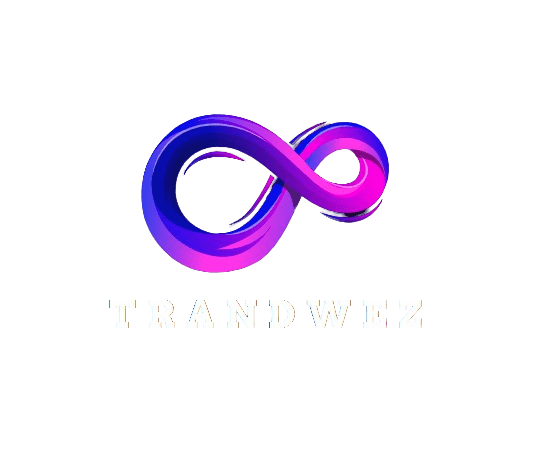What Is the MMR Vaccine?
The MMR vaccine is a safe and effective shot that protects against three serious diseases.These are highly contagious illnesses that can cause serious health problems in children and adults.
ALSO READ : Happy Gilmore
- Measles
- Mumps
- Rubella
- The vaccine helps your body build protection (immunity) so you don’t get sick if you’re exposed to these viruses.
Why Is the MMR Vaccine Important?
Before the vaccine, many children became very sick from these diseases. Some even died. The vaccine saves lives and prevents outbreaks in schools and communities.
Thanks to the MMR vaccine:
- Measles cases have dropped by over 99%.
- Mumps and rubella are now rare in many countries.
- Children grow up healthier and stronger.
What Do Measles, Mumps, and Rubella Do?
Measles
- Causes high cough, red eyes, and a full-body rash.
- Can lead ear infections, pneumonia, and brain swelling.
- Very dangerous for babies and unvaccinated people.
Mumps
- Swells the cheeks and jaw.
- Can cause fever, headaches, and muscle pain.
- May lead to hearing loss or infertility in some cases.
Rubella (German Measles)
- Mild rash and fever, but very dangerous in pregnancy.
- Can cause birth defects if a pregnant woman catches it.
When Do Children Get the MMR Vaccine?
Children get the vaccine in two doses:
- First dose: at 12 to 15 months old
- Second dose: at 4 to 6 years old
Two doses give the best protection. Adults who missed the vaccine as children may need it too.
Is the MMR Vaccine Safe?
Yes, the vaccine is very safe. It has been used for over 50 years and given to millions of children worldwide. It is carefully tested and watched by doctors and health experts.
Common Mild Side Effects:
- Sore arm
- Fever
- Mild rash
- Swollen glands
These go away in a few days. Serious reactions are very rare.
What About the Rumors?
Some people have heard false stories that the vaccine causes autism. This is not true. Many studies have been done, and there is no link between the MMR vaccine and autism.
The doctor who started that rumor lost his license for spreading false information. Trust science, not rumors.
Who Should Not Get the MMR Vaccine?
Most people can safely get the vaccine. But it is not for everyone.:
- Have severe allergy to any part of the vaccine.
- Are pregnant.
- Have a weak immune system (from cancer, HIV, or certain medicines).
Always talk to a doctor if you’re unsure.
MMR Vaccine Around the World
Some countries still have low vaccination rates, which leads to outbreaks. This is dangerous, especially for babies and people with weak immune systems.
Doctors and health groups are working to:
- Educate parents
- Give free vaccines
- Stop false information
When more people are vaccinated, we reach herd immunity — this helps protect those who cannot get vaccinated.
Benefits of the MMR Vaccine
Protects your child from three harmful diseases
Prevents school outbreaks
Keeps pregnant women safe from rubella
Helps the whole community stay healthy
Low-cost or free in many countries
Getting vaccinated is a simple step that gives a lifetime of protection.
Conclusion
The vaccine is one of the best ways to keep your child healthy. It has protected millions of lives and continues to be a key tool in fighting disease worldwide.
If you’re a parent, talk to your doctor about the vaccine. It’s a small step with a big impact — for your child, your family, and your community.
FAQs
What does MMR stand for?
MMR stands for measles, mumps, and rubella—the three viruses the vaccine protects against.
Is the MMR vaccine required for school?
In many countries, yes. Most schools ask for vaccine proof to protect all students.
Can adults get the MMR vaccine?
Yes. Adults who did not get vaccinated as kids, or those born after 1957, may still need it.
How long does the vaccine last?
Two doses give lifelong protection in most cases.
Can the vaccine cause the disease?
No. The MMR vaccine uses weakened viruses that cannot cause the full disease.

